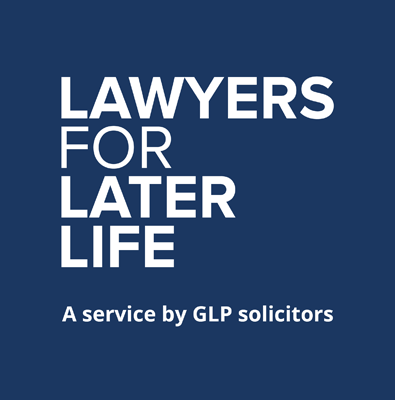Court of Protection and the Criminal Injuries Compensation Authority (CICA)
27/06/19This is a copy of our blog written especially for the Brain Injury Group - brainjurygroup.co.uk which exists to support individuals and families affected by brain injuries.
The Criminal Injuries Compensation Authority (CICA) is a government organisation that awards payments to people who have been physically or mentally injured as a result of a violent crime.
Generally speaking, if a victim of violent crime lacks the ability to understand or to make decisions about the claim for compensation (they "lack mental capacity"), either because of the injury itself or some other diagnosis, then a parent / relative / friend cannot do so on their behalf without legal authority.
The CICA will progress claims by a parent / relative / friend on behalf of someone else if they are acting under a registered Enduring Power of Attorney or a Lasting Power of Attorney for Property and Financial Affairs.
In the absence of these an application for authority to conduct, negotiate and conclude the CICA claim must be made to the Court of Protection. The Court helps people who are mentally incapable of making their own decisions by making decisions on their behalf for them about their money, property, health or welfare.
Anyone can apply to be appointed to make a claim, known as a "Deputy" but the Court will have final say about who it should be. Sometimes it is appropriate for a solicitor to be a Deputy if there is a sizeable award and complex care package to manage.
The application includes: the application form, financial details form, a declaration, and a doctor’s certificate to confirm that the person cannot make decisions for themselves. It is important that these forms are filled in correctly and to for details of what powers are needed.
There is an initial fee of £385 payable to the Court, as well as other associated annual fees, but depending on the individual’s gross annual income and savings they may be eligible either to pay half the fee (a ‘remission’) or no fee at all (an ‘exemption’). Fees are normally paid from the individual’s funds but can be paid by you and then refunded at a later date.
It takes approximately 6 months for the Court to make the Order but once in place the Court's permission is not required to accept an award unless expressly required.
The costs of a professional Deputy, if one is appointed, and the on-going annual costs by a non-professional Deputy can be included as part of the claim and can significantly increase the value.





